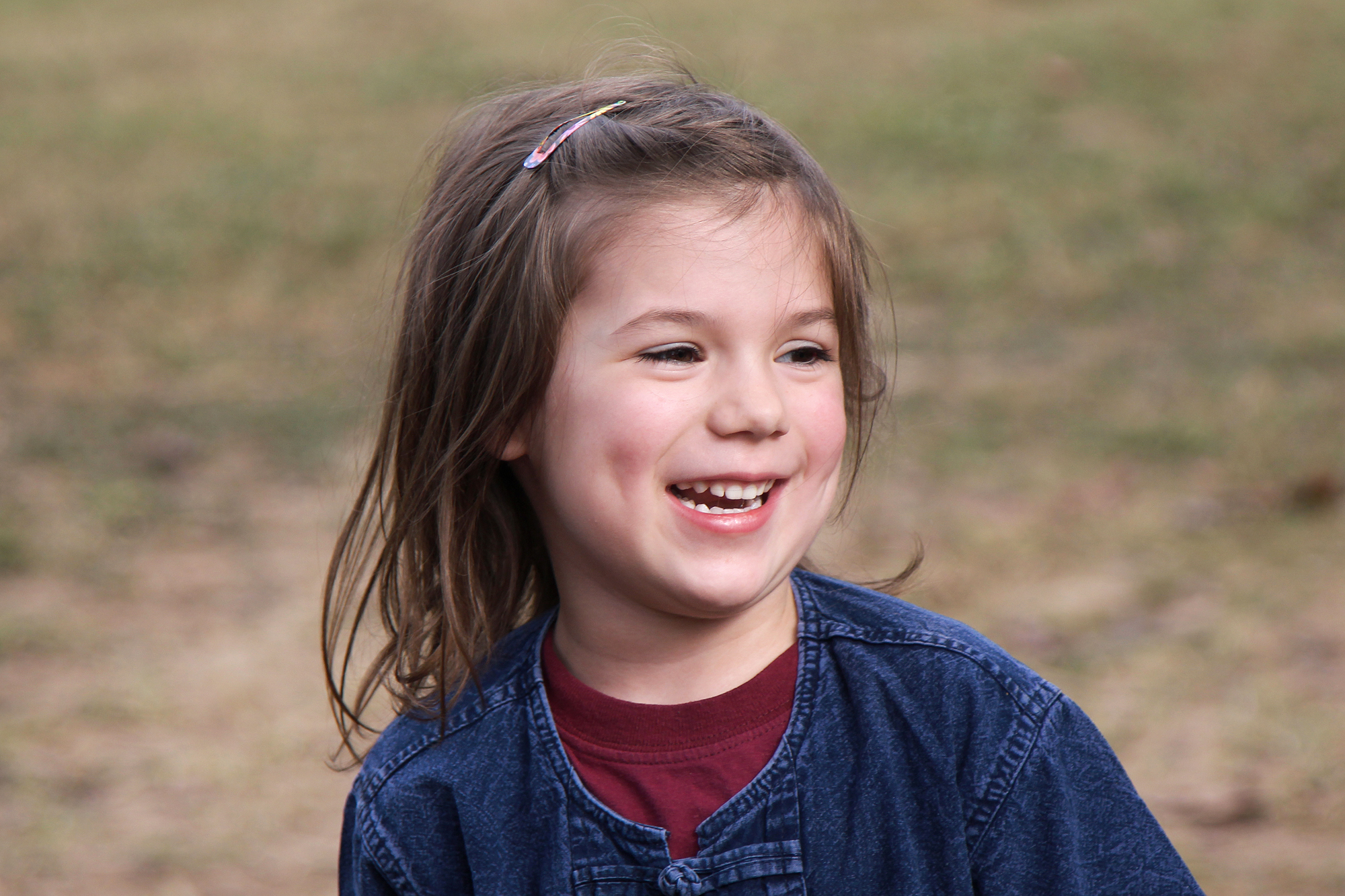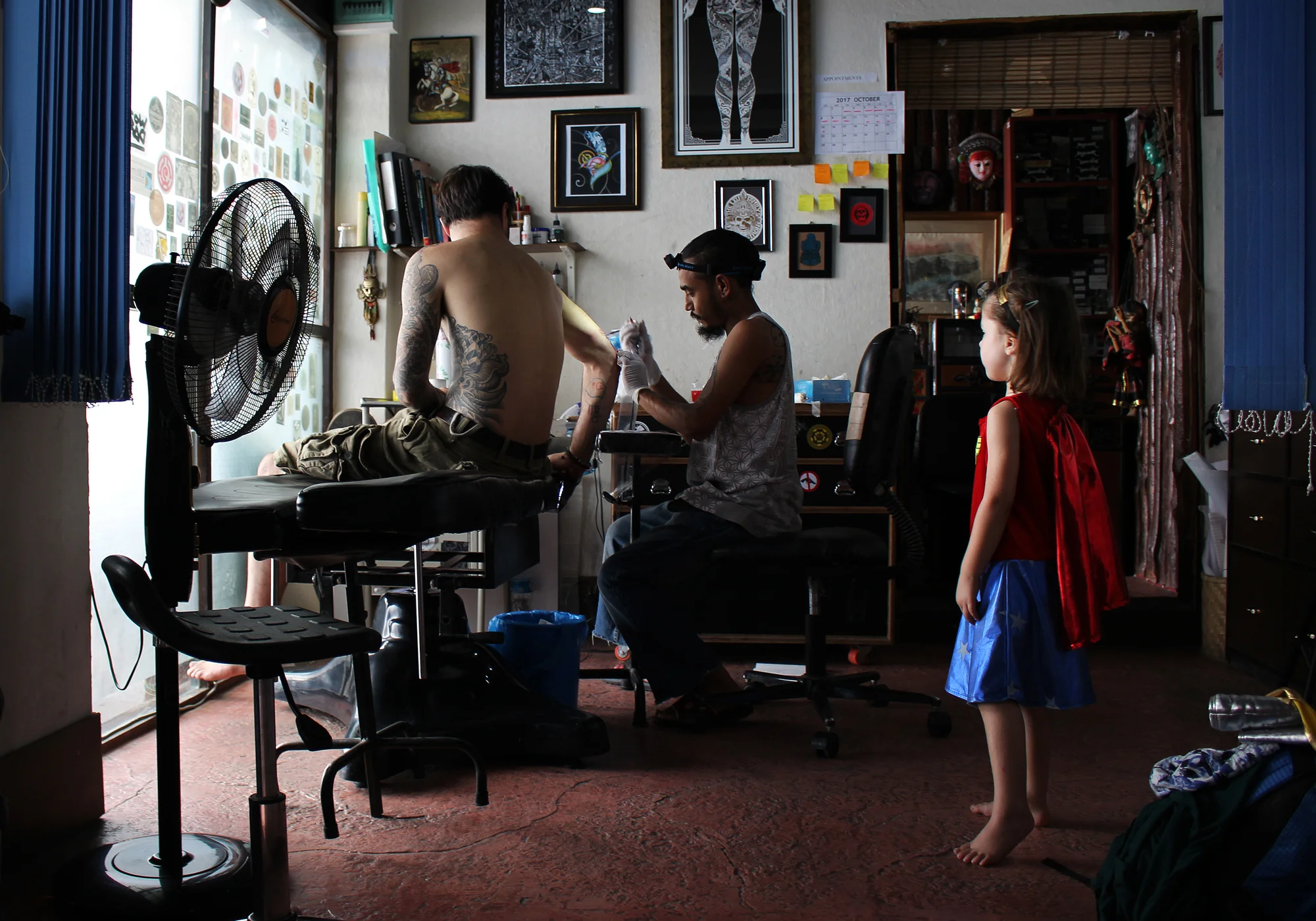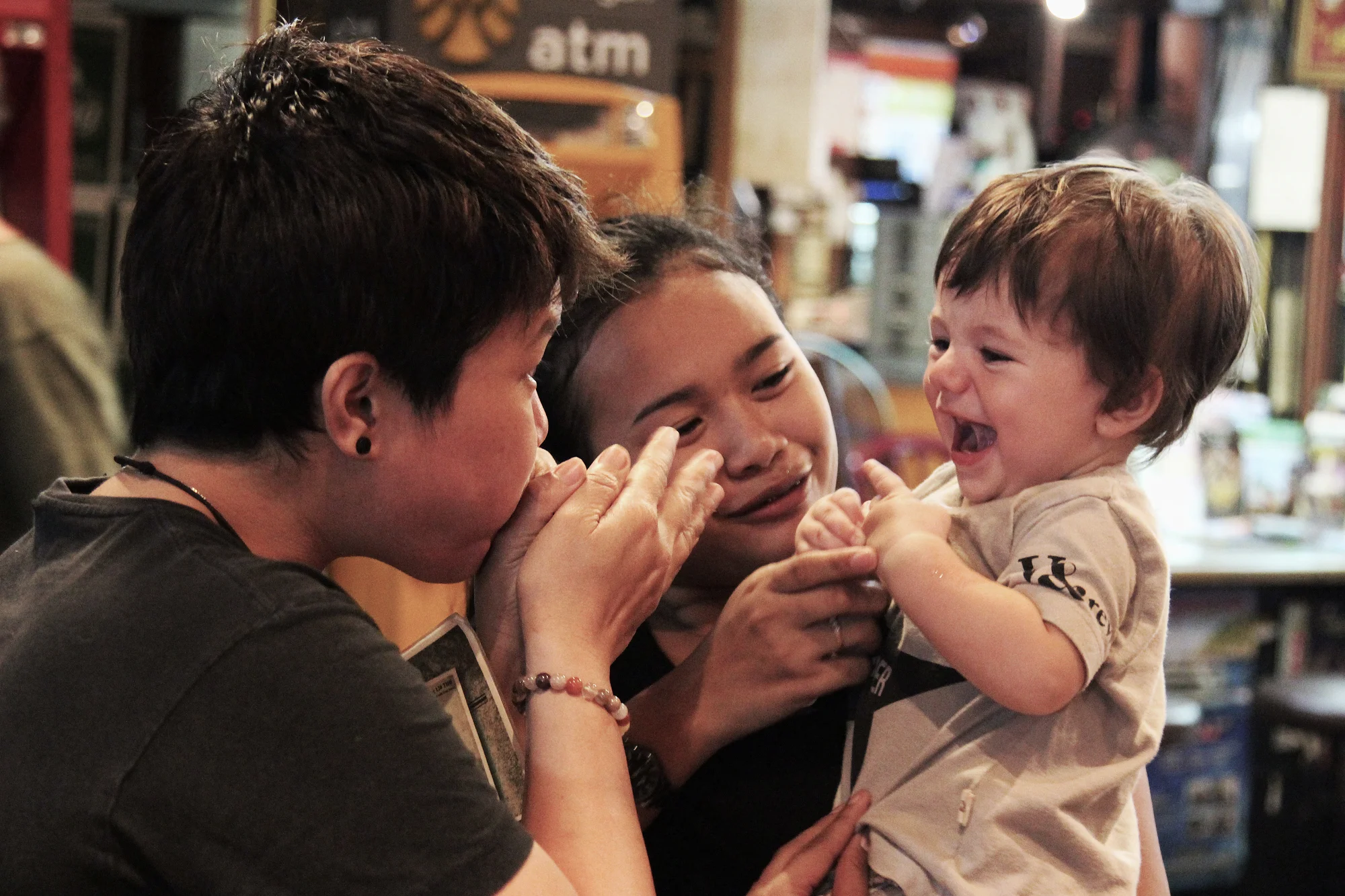Rehab for elephants

We’d fucked it up. We’d promised our kids elephants. We’d spent weeks getting them excited about the famous orphanage in Pinnewala, Sri Lanka. And then we’d read up on it, belatedly, realising that cruelty was allegedly rife and the elephants weren’t happy. There were too many scathing reviews and incriminating images to ignore.
A sense of uneasiness set in, the kind you get in a zoo, or a circus or any of those things that you know you can’t do any more. Because although we want our kids to have an amazing time travelling, we don’t want them to have it at the expense of anyone or anything else. It’s our job as both parents and reporters to travel responsibly, showing how to have fun and be good. Besides, there’s no joy in an experience where someone else is suffering. So yes, we wanted animals, but we wanted them happy and free. And luckily for us, a few weeks later, we were living in just the right place.
Chiang Mai in Northern Thailand used to be the capital of elephant trekking, photos of grinning tourists on the battered backs of broken pachyderms plastering every poster site in town. But there’s been a shift in the last few years, not just for the sternly ethical, but for the mainstream audience. And Chiang Mai has embraced it for the most part, because although there may still be the odd questionable elephant ride or show full of drugged tigers and stoned snakes, ethical elephant tourism is where it’s at.
Choosing a tour is a minefield, as the trend towards the ethical means that everyone wants a piece of the action, and some are inevitably kinder than others. Even when you’ve whittled the options down, it can be baffling. You can look after elderly elephants at the Elephant Retirement Park, or own one for a day at Patara Elephant Farm. But right ahead of the pack is the Elephant Nature Park, an ethical beacon of things done right. Founded by the award-winning and widely lauded Sangduen “Lek" Chailert, the park is full of roaming elephants and offers options for anyone from toddler to wannabe vet. You can drop in to visit for a couple of hours, you can learn to make medicine and health food for the giant residents, you can trek through forests with them, you can even spend a day stroking and cuddling the elephants in need of most love. Many travellers commit their time and volunteer at the park, living and working there for weeks on end.
We, however, consisted of a non-walking baby, a reluctantly walking five year old and a fresh-off-his-crutches man with a brand new ligament to look after. We were not what you’d call the trekking types. We were also less than organised and found out too late that the Elephant Nature Park is wildly popular with tourists, booking up fast and months in advance. One panicked phone call later, however, we also found out that the ENP has started to run new programmes, called ‘Saddle Off’. They might lack the majesty of the main programme, but they offer a privileged glimpse into the rehabilitation work that the park does behind the scenes. It was lucky for us. And, it turns out, lucky for the elephants, because each ‘Saddle Off’ project takes place away from the main park, and aims to rehabilitate not just the elephants previously used for logging or tourist rides, but their owners too. We booked ourselves onto Elephant Twilight, a half-day experience at a special camp where the ENP are working closely with a local village settlement and a family of five ex-tourism elephants, along with their baby Bang, who was born in the programme.
The ride in a minibus takes a couple of hours, picking us up from our apartment and heading south west of Chiang Mai to the Mae Wang area. On the way, a video plays, explaining the history of Elephant Nature Park and bizarrely fronted by Lou from Neighbours. Lou aside though, the story is genuinely inspiring, the park having rescued elephants blinded by handlers, orphaned by poachers and too many more tragic tales to mention.
The day is packed, from the initial feeding session to the last supper. We are given indigo mahout clothing to put the elephants at ease, then introduced to the creatures themselves as they use their trunks to scoop bananas and chunks of sugar cane straight out of our hands. Olivia is nervous at first, but warms up after falling hard for the naughty five-month old Bang, whose raison d’être seems to be causing trouble, crashing into things, escaping things and then making up for it all by being terribly charming, which sounds like someone we know. Speaking of which, River is amusingly unfazed by the giant trunks swinging in his direction, despite being the smallest member of the group by far.
Having learned the basics of feeding, we clamber down to the river, where we wash the elephants by hurling buckets of water at them. It wouldn’t be our shower of choice but they seem to like it. We could have gone deeper and up to our necks in the river, but with a non-swimming daughter and a son in a sling, the interaction from the riverbank is quite enough for us. After all, it’s here that we begin to see these great beasts behaving freely, their personalities coming out as they play in the water before accompanying us on a long, gentle stroll along the river bed. It is the most surreal walk of our lives, human and beast wandering together, as though it were entirely normal. The last of the evening sun glints down over the grassland, and it’s just us and them.
We feed our new friends their dinner of beet grass, then eat our own buffet, accompanied by entertainment by local students. It’s nice, but it’s not the point. Because what we just experienced with these peaceful, gentle giants is exactly the kind of thing we want to show our kids on this trip. The best the planet has to show, before it disappears. The fact that there are people doing real good in the world. That you can give something back. And that you can, in fact, travel kind.
Elephant Nature Park
www.elephantnaturepark.org
Elephant Twilight, half-day visit, 1pm-7.30pm
Adults 2500 baht, children 2 to 11 years 1250 baht.
Bring hat, sunscreen, sandals/flip flops, change of clothing, towel, walking shoes, camera, bug repellent.














